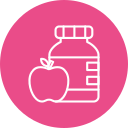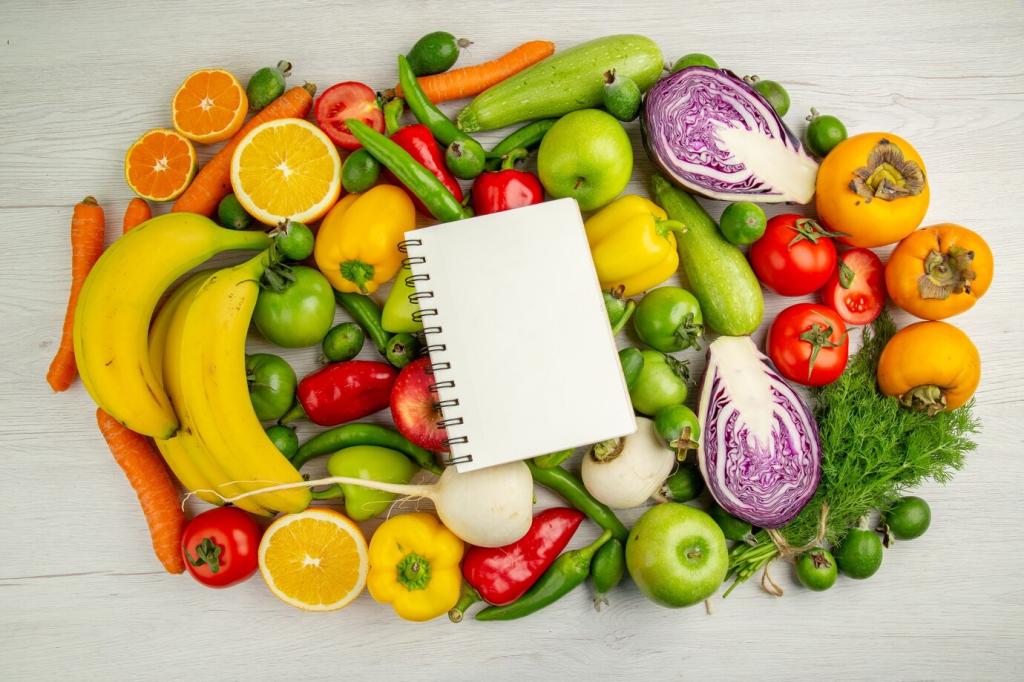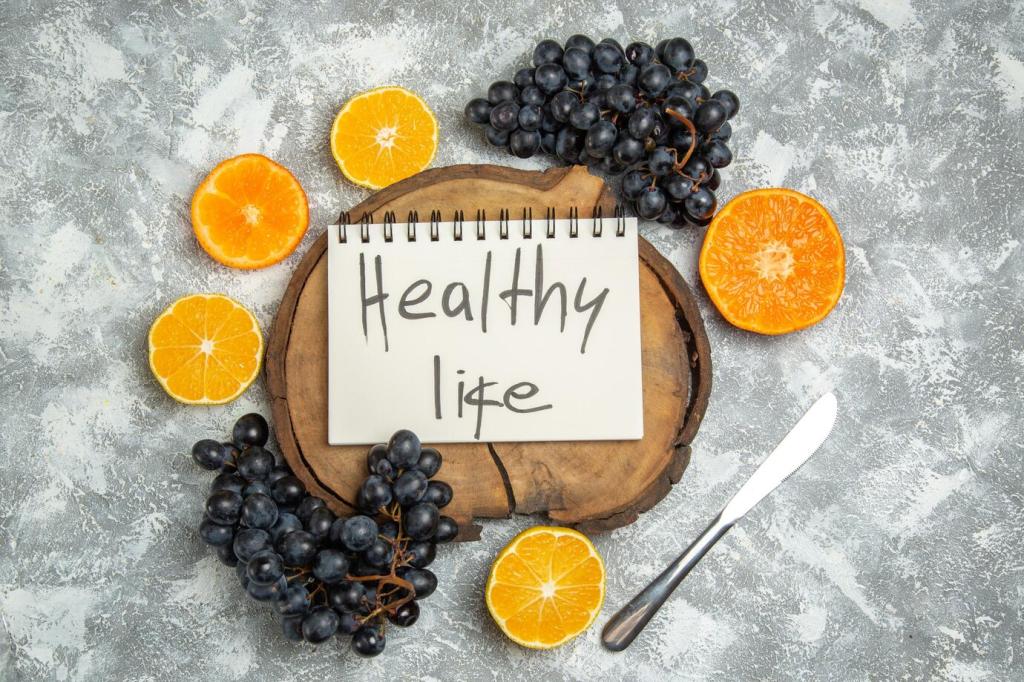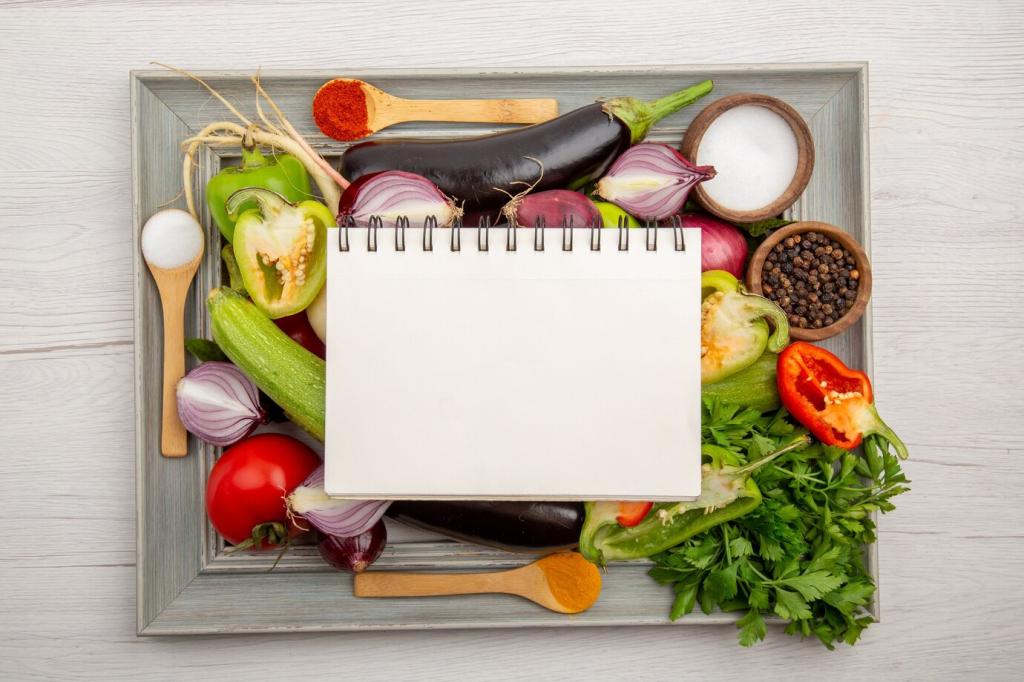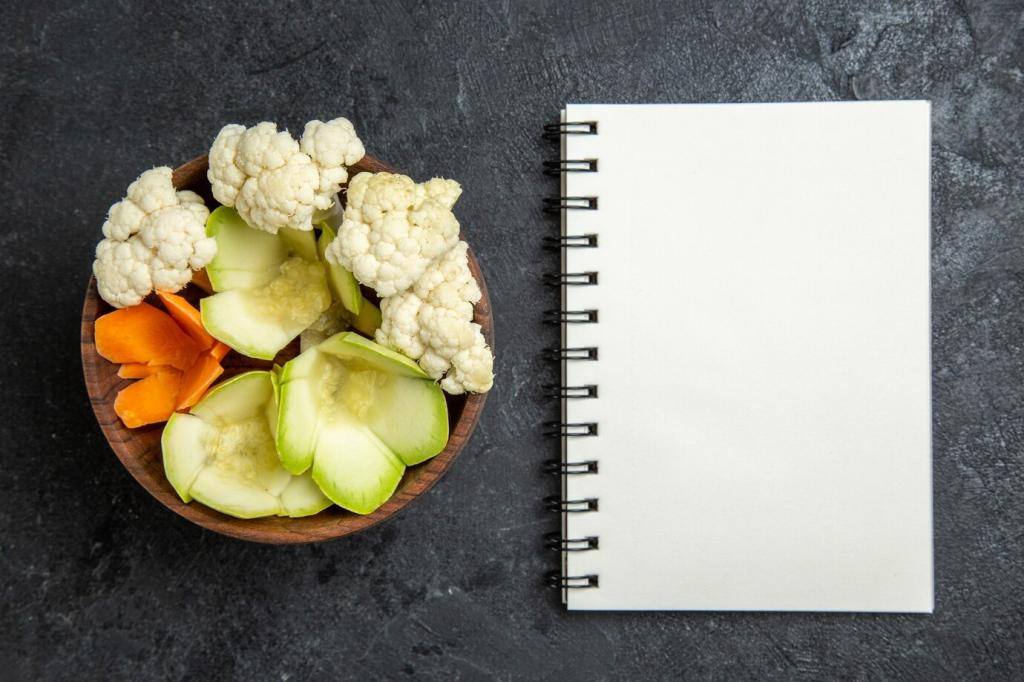Hydration and Electrolytes Before You Sweat
Begin your day sipping fluids consistently. Clear to pale-yellow urine is a simple checkpoint. In the two hours before training, drink gradually rather than slamming a big bottle at once, which can cause sloshing and bathroom breaks when you’d rather be moving.
Hydration and Electrolytes Before You Sweat
Sweat carries sodium, potassium, and chloride. If you train hot or sweat heavily, include a light electrolyte drink before you start. A pinch of salt in water or a ready-made tab can improve fluid retention and help muscles fire efficiently when the pace picks up.
